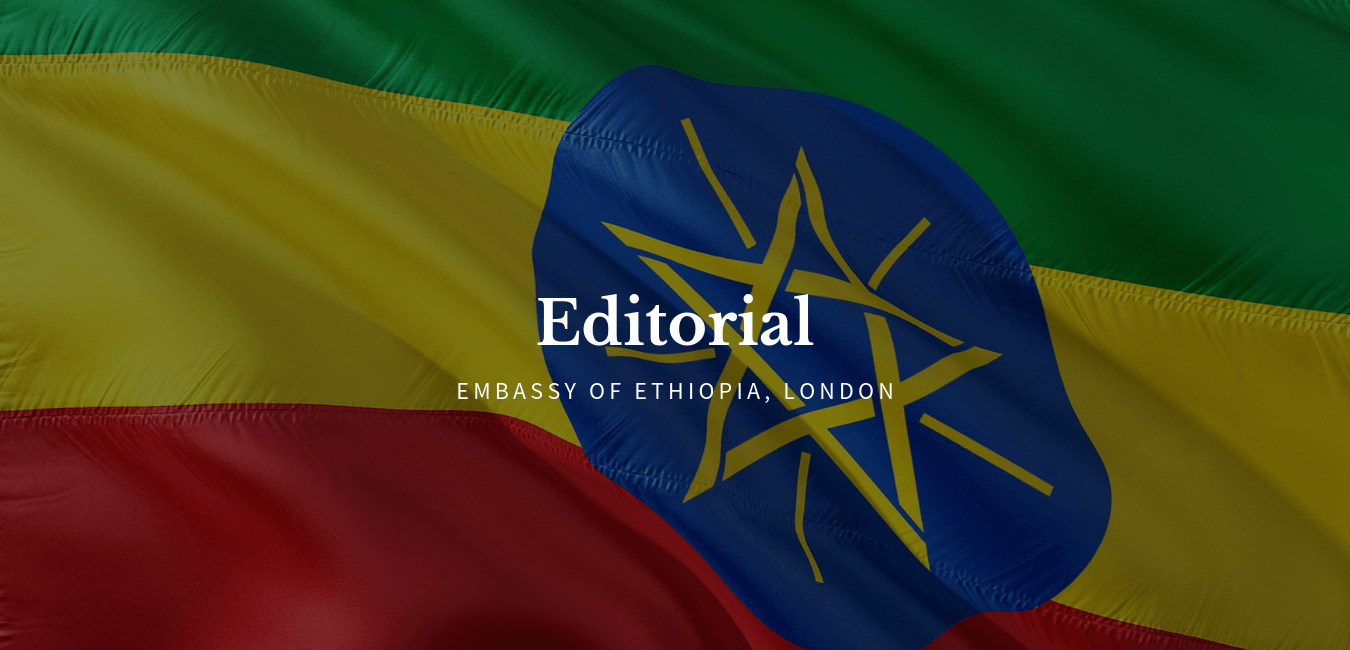
As covered in previous editions of this newsletter, over the last few years, Ethiopia has embarked on an ambitious reform process to ensure the sustainability of its economic growth and development. Among these reforms, education has been a foremost priority for the Government since the coming to power of Prime Minister Abiy Ahmed in 2018. Though the concept of reforming the education sector had been a topic of discussion prior to his ascent, these reforms were initiated in earnest just over a year ago in 2018. As a starting point for the reforms, the Government accepted that previous attempts at educational reform had yielded mixed results.
Previously, the Government had pursued successive sectoral development programmes which helped facilitate greater educational access for the country’s children and young people through the rapid expansion of infrastructure. As a result, in a fifteen-year span, impressive gains were made in the construction of new primary and secondary schools, universities and TVET institutes. However, when delving further into the data, the team tasked with developing the country’s new educational development roadmap found that the rapid expansion of infrastructure had not led to the expected improvements in learning outcomes for pupils. Evidence of this deficit was clear when comparing performance data from Ethiopian pupils with their counterparts in other low and middle-income countries. Moreover, this attainment gap left a question mark over the country’s ambitions to rapidly industrialise – plans, which were ultimately predicated on the ready availability of skilled graduate-labour to fuel a dynamic manufacturing sector.

Before the introduction of a new roadmap, the Government carried out a comprehensive systematic analysis of the existing education system. Taking achievements made under previous education regimes as a foundation, it found that remaining challenges in governance, curriculum and standardization, equity and accessibility, capacity, teaching and facilities needed addressing.
Accordingly, a team comprised of 36 principal researchers, 73 assistant researchers and 11 regional coordinators was formed by the Government and tasked with preparing a new Ethiopian Education Development Roadmap. The authors of the new roadmap presented their findings in a series of public consultations, which brought together representatives from 844 institutions; 17 government ministries; 600,000 participants from the education sector; and 3.5 million members of the public. The resulting roadmap called for the implementation of 357 recommendations at all levels of the educational sector to overcome the challenges identified in the preliminary research.
According to its authors, the Roadmap was prepared with the purpose of:
- fostering holistic development in all citizens
- equipping citizens with confidence and competence
- promoting critical thinking
- producing competent professionals to compete effectively with their counterparts in the global marketplace
- spurring entrepreneurship and innovation within a framework of social responsibility, and
- building a citizenry with strong ethical and moral values based on the pursuit of justice, peace and unity in diversity.
More specifically, the Roadmap recommends a fundamental shift in the way that education is administered and practiced in the country, calling for an educational system founded on indigenous knowledge that is supportive to national development goals and encouraging of civic engagement.
Though the Roadmap is still in its infancy relative to its ambitions and implementation, the course it charts spells welcome news for an educational sector in need of reform, and a nation desperate to unleash the untapped potential of its best and brightest.






GIPHY App Key not set. Please check settings